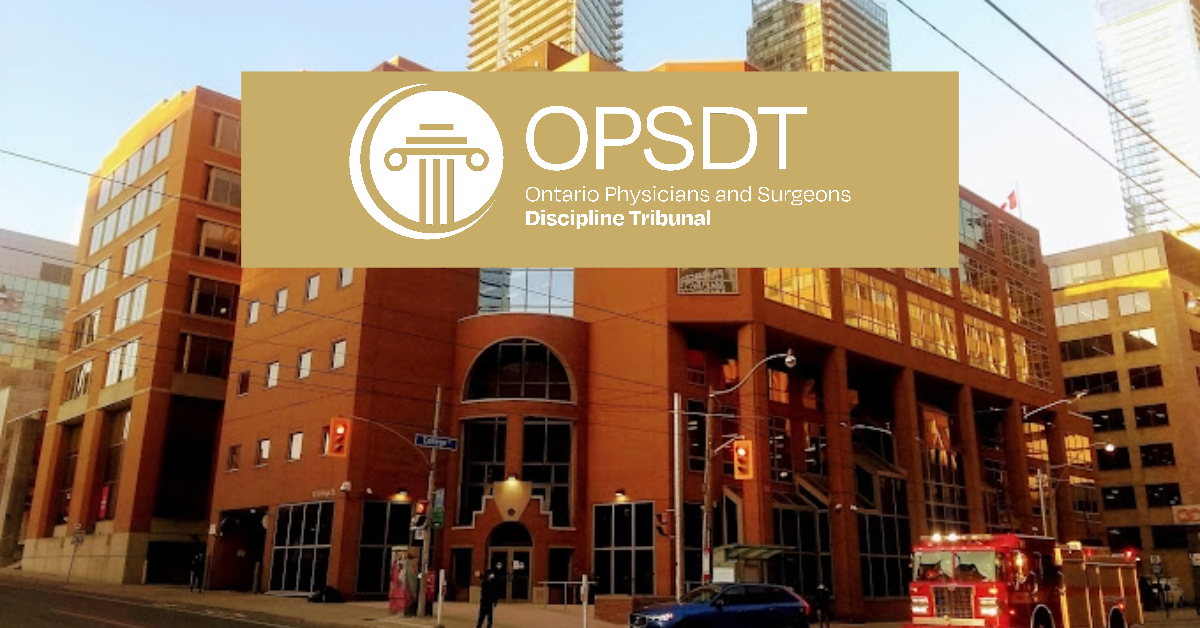
Nurse Alters Morphine Record, Patient Dies: CNO Orders Permanent Resignation
A Profound Breach of Trust in End-of-Life Care In CNO v. Lindsey Coyle, the Discipline Committee of the College of Nurses of Ontario addressed one

On March 5, 2024 the Court of Appeal for British Columbia dismissed the appeal of a medical malpractice claim that had been dismissed by the trial judge prior to the jury deliberating.
The allegations of negligence arose in the context of a patient who had received a course of electroconvulsive therapy (“ECT”). ECT is a process designed to induce controlled seizures of a desired duration (above 15 seconds) in order to effect changes in brain chemistry. The claim was against the physicians that prescribed and administered this treatment.
During the course of therapy, the treating physicians increased by various degrees both the charge and duration of the ECT. This information had not been communicated to the patient. On this basis, the patient alleged medical malpractice.
The trial judge however concluded that because no expert evidence had been tendered by the patient, there was no evidence upon which a jury could find a breach of the standard of care. The claim was dismissed and the patient appealed.
In dismissing the patient’s appeal, the Court of Appeal observed that there was no evidence at trial of any particular risk that materialized to which the patient was exposed and which could have been avoided by obvious and reasonable precautions, or that the physicians’ practice of not disclosing the increases in dosage was fraught with foreseeable risk.
Since it was not so plainly obvious that the physicians had acted carelessly, this was a case that required expert evidence in order to find negligence.
The Court of Appeal considered that such an opinion, if tendered, might have indicated that changes in charge and duration of the ECT ought to be communicated to the patient notwithstanding the absence of any material risk associated with it.
Such expert opinion evidence might have further stated that, given the vulnerability of a patient in the position of the Plaintiff, it is generally accepted among psychiatrists administering ECT that all treatment-related facts need to be communicated at each session, even where they are routine, give rise to no material risk, and are already generally known to the patient.
The Court of Appeal determined there was, however, no evidence capable of supporting such a proposition at trial. The Court of Appeal also noted there was no expert evidence on causation, namely that but for the continuation of the treatment, the patient would not have suffered the difficulties of which he complained.
For these reasons, the Court of Appeal found that the patient had failed to establish any error of law in the trial judge’s analysis. The trial judge correctly concluded that, in the circumstances of this case, expert evidence was needed both to establish a requisite standard of care and to demonstrate that the standard of care followed by the physicians was negligent. As there was no such evidence, the action was properly dismissed.
Decision Date: March 5, 2024
Jurisdiction: Court of Appeal for British Columbia

A Profound Breach of Trust in End-of-Life Care In CNO v. Lindsey Coyle, the Discipline Committee of the College of Nurses of Ontario addressed one

What College of Physicians and Surgeons of Ontario v. Thirlwell, 2026 ONPSDT 5 Means for Patients and Public Trust In College of Physicians and Surgeons